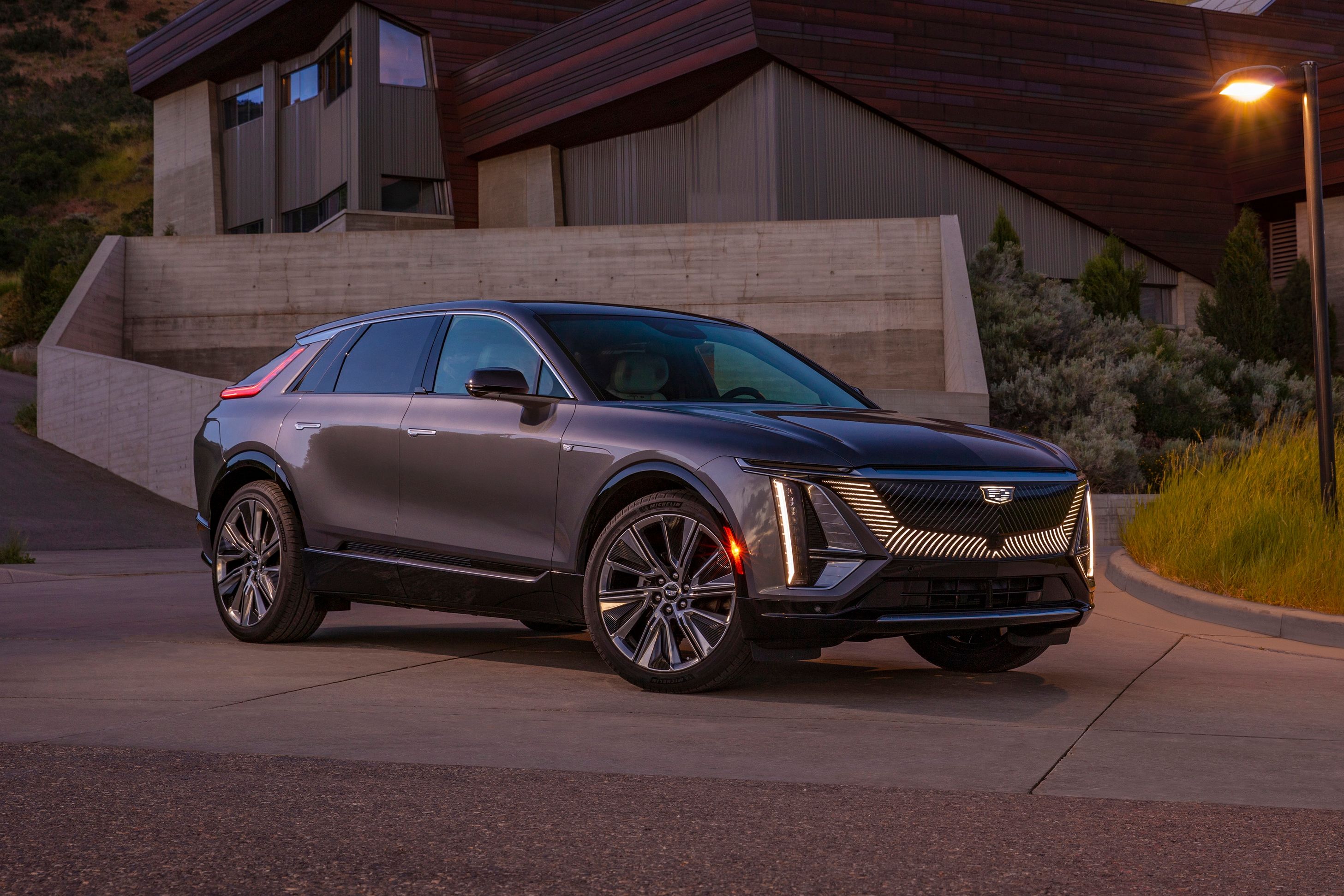
General Motors is exploring the feasibility of introducing ChatGPT, an artificial intelligence chatbot, into its vehicles, reports Semafor.
In an interview with Reuters, GM's Scott Miller said "ChatGPT is going to be in everything." The Vice President of Software Defined Vehicles and Operating Systems explained that the chatbot could be utilized in a number of ways. Owners could ask the software how to make use of certain in-vehicle features that would normally be buried in a thick owner's manual.
Furthermore, drivers could even use the technology to program functions like a garage door opener or treat it like a personal assistant. This could come in handy if an unknown warning light pops up on the instrument display. Owners could hypothetically ask the AI to schedule a service appointment for the problem to be rectified.
"This shift is not just about one single capability like the evolution of voice commands, but instead means that customers can expect their future vehicles to be far more capable and fresh overall when it comes to emerging technologies," said a GM spokesperson last week.
As per Semafor, the voice-activated AI will make use of Microsoft's Azure cloud service. This computing platform enjoys exclusive rights to the technology that powers ChatGPT and several other cutting-edge online services. GM and Microsoft have been working together for some time; the tech corporation has even worked with GM-backed Cruise to further the automaker's self-driving efforts.
The advent of ChatGPT in production vehicles would change the way we interact with vehicles and bring even more convenience to motorists. Voice-activated controls are nothing new in the automotive world, but the ability to communicate with artificial intelligence could prove beneficial.
Not only would drivers be able to set up maintenance appointments, but they could also ask ChatGPT for assistance when it comes to changing a tire, for example, or finding a nearby EV charger.
Of course, like all new gimmicks, this could prove distracting, and some owners may be more interested in playing with the AI functionality than driving. This makes us wonder if this technology should be limited to autonomous cars, but we can imagine this rolling out in the Cadillac Lyriq sometime soon.
The technology could also eradicate the need for mobile phones while driving. Current infotainment systems rely heavily on Apple CarPlay and Android Auto, which mirrors the user's smartphone onto the screen. We've already seen signs of the phone becoming irrelevant in infotainment systems, so this may be the next step in that direction.



